It’s just ‘posh people problems’, apparently. The winner of the top prize at this year’s Sundance, Joanna Hogg’s The Souvenir reached UK audiences in 2019, and while the acclaim is very much there, gathering quite a support across its successful run on the festival circuit, there is one frustrating criticism levelled at the film: that people are struggling to emotionally connect with the protagonists because they come from an affluent, privileged background. I mean, how could we possibly relate to those with more money than us? What lunacy!
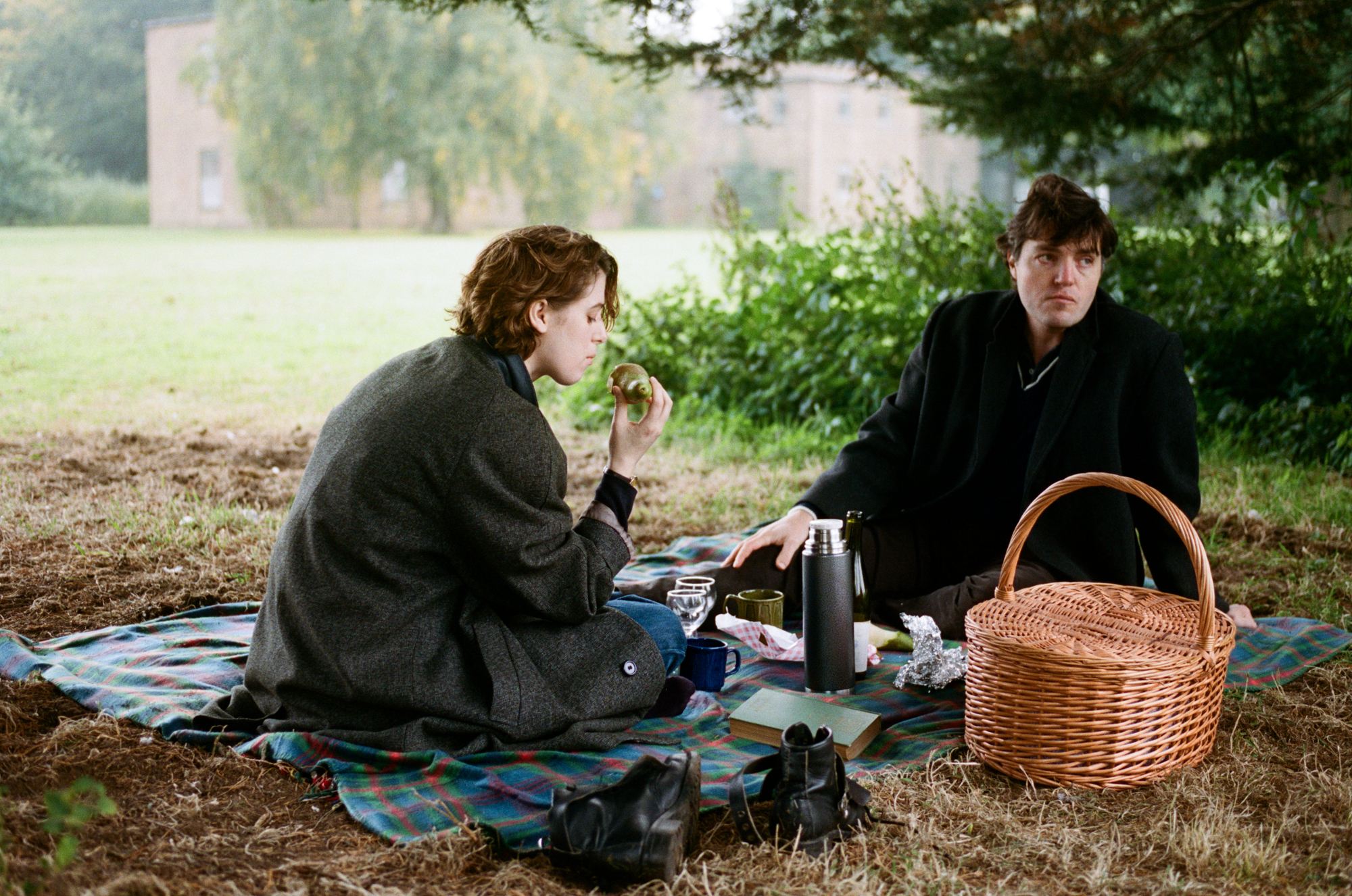
The film is semi-autobiographical for Hogg, as she confronts her own past, growing up as a young budding filmmaker in Thatcher’s Britain. The role belongs to Honor Swinton Byrne, the daughter of Tilda Swinton (who also stars in the film) as we watch on as she becomes romantically involved with a very complex, troubled man – bringing out a remarkable, nuanced display from Tom Burke. Because obviously complicated relationships only happen to people with money.
The film is set in the early 1980s, and it’s true, the characters do have money – though in some regards it almost feels as though we’re taking an affectionate poke at this culture, particularly prevalent in one scene starring Richard Ayoade, not to mention the slightly overstated – yet wonderful display Swinton as Julie’s very rich mother.
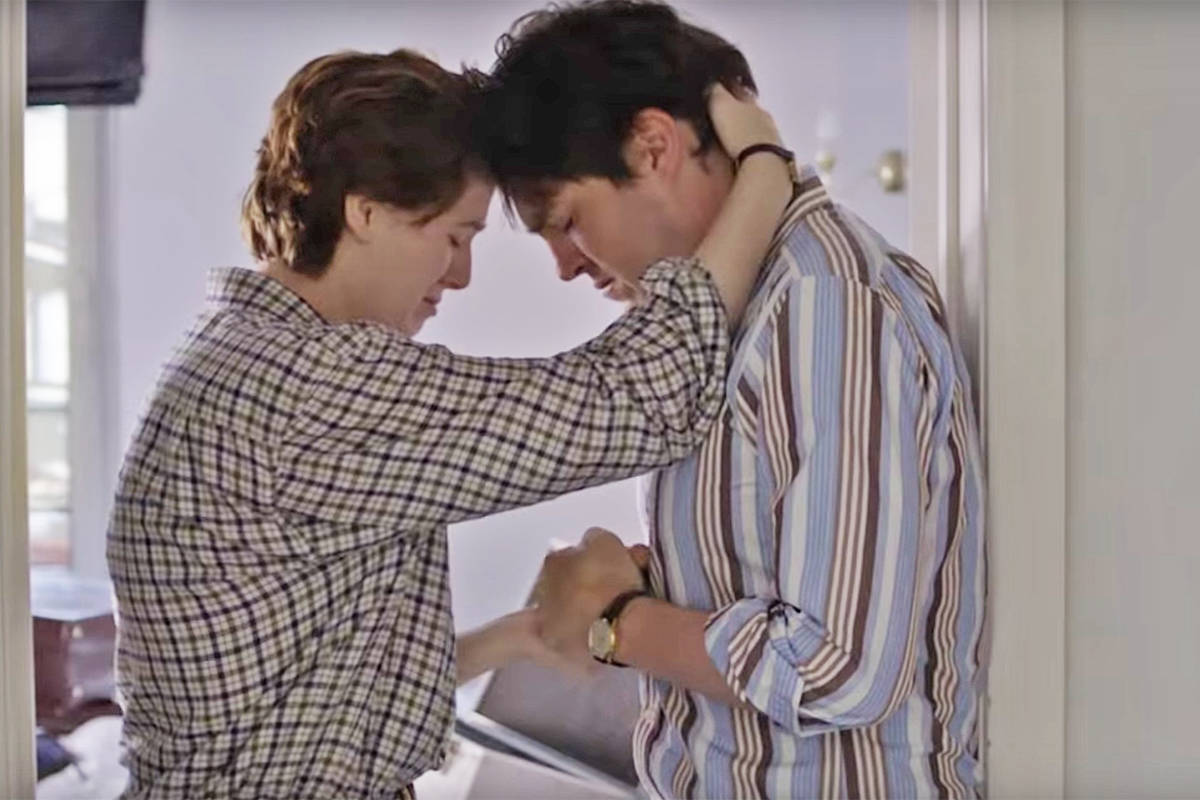
Recalling a few jarring tweets at the time, we decided, somewhat foolishly to search ‘Posh Souvenir’ on Twitter and were met with the following statements. Here are some little gems.
“It just looks like posh people arguing against a very low-key colour palette” said one commentator. Another said, “It’s so posh it barely feels real”. Or how about this one: “Films about modern posh people are intolerable – convince me otherwise”.
I mean, this person hasn’t even seen it: “The thing that was jarring about the trailer, they are so posh you literally cant tell when it is set based on their clothes”. That’s a weird one. This one was back on track though: “Its mundane story of a posh woman makes it harder to connect with”. And finally, our favourite: “’Wow posh people are wankers’ – me through The Souvenir”.
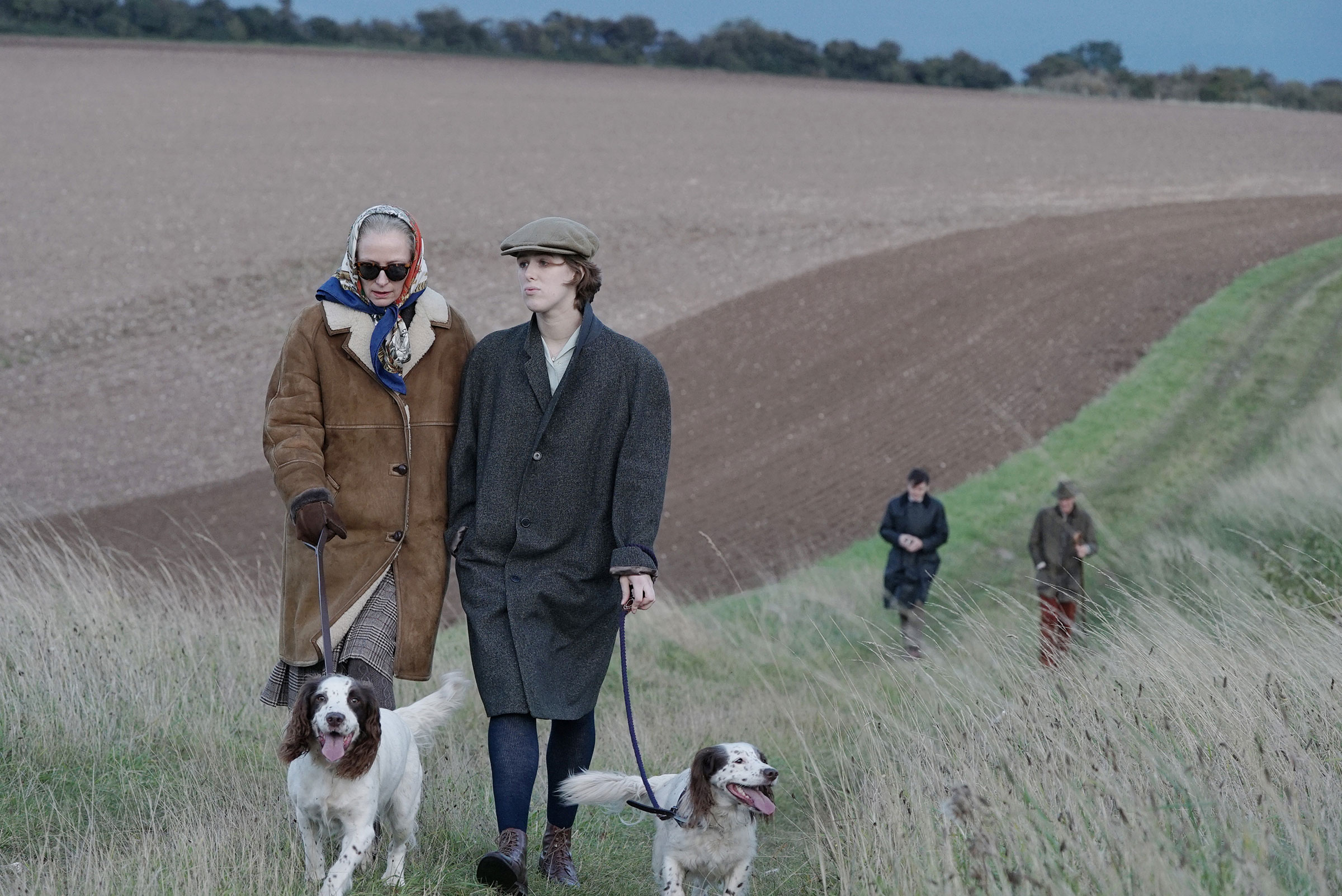
So what is this all about then? Why do people struggle to relate to intrinsic human emotions simply because the characters are well-off? We literally watch films about superheroes and Jedi Knights and we connect with them. We can find an emotional attachment to talking lions, to flippin’ animated cowboys and space rangers. And yet somebody who lives in Kensington – oh God, how could we possibly sympathise with them? How could we find a semblance of empathy or compassion for this poor girl because she has so much money?
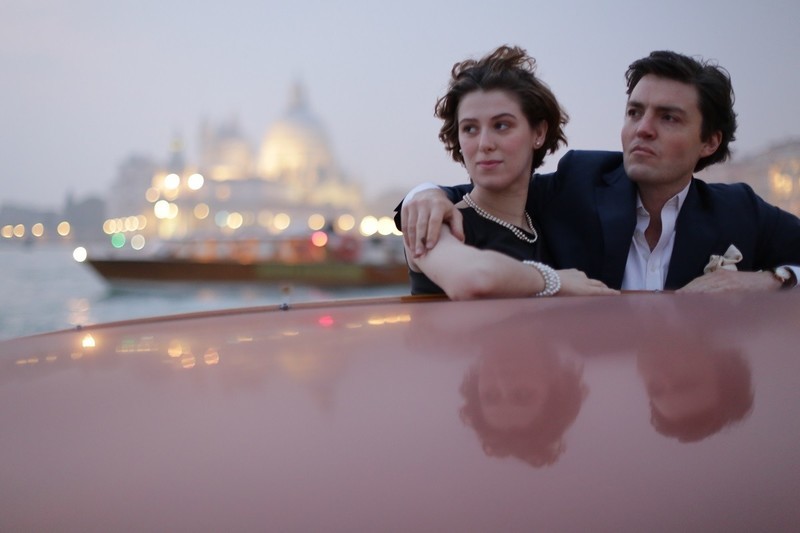
The film is about love, it’s about loss, and it’s about addiction. These are not restricted to affluence. These are themes that transcend class. And isn’t that the beauty of cinema anyway? To delve into a society you don’t know very well, and become immersed? I’ve never cooked meth in the heart of New Mexico (not yet, anyway) and yet I feel so much for the characters in Breaking Bad. I didn’t grow up in Brooklyn in the late 1980s, and yet I adore Do the Right Thing. That is one of cinema’s most wondrous assets. That sense of universality, that brings us all together, uniting people from all walks off life through a common ground: feelings.
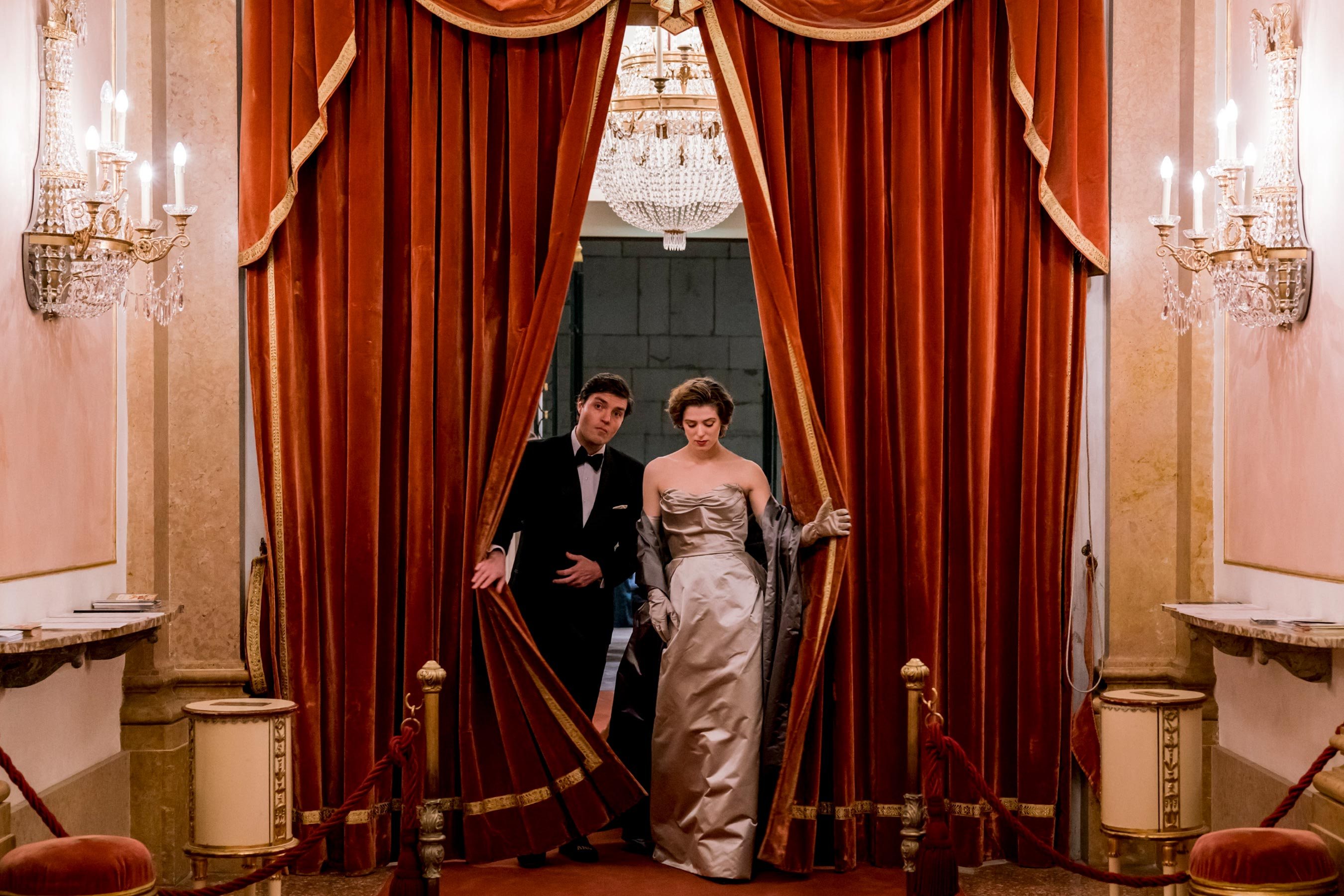
Then there’s Hogg herself. This is an autobiographical narrative – should she not tell her story? Is her own life less valuable because she was raised by rich parents? She has every right to tell a story personal to her – as so many filmmakers do – and this is the world she knows, the world she grew up in. And she’s unapologetic, and the film is self-aware. The privilege isn’t ignored, it’s not a prevalent theme, but equally it’s not glossed over – it’s addressed within the tale.
Anyway, we sat down with Hogg and we asked her what she made of this criticism that is being levelled at the film, and here’s what she had to say.

“Well it doesn’t surprise me at all,” she said. “In a funny kind of way my eyes light up because I love a bit of a challenge, but I also think that is very short-sighted. It’s also a misunderstanding about the film because it’s not about those people, and anyway which people? Because they’re not all privileged in the film. I’m looking at a spectrum of different characters from different characters and the point of the character Julie is her empathy and she doesn’t want to be seen in that way. But the film isn’t about that, it’s about something that we all experience at some point in our lives, and that’s loss. I don’t think people want to look at the deeper meaning of it for whatever reason, and we are so obsessed with class in this country. Interestingly this doesn’t come up when I’m in the States promoting the film, that word privilege, or class doesn’t come up,” she continued.
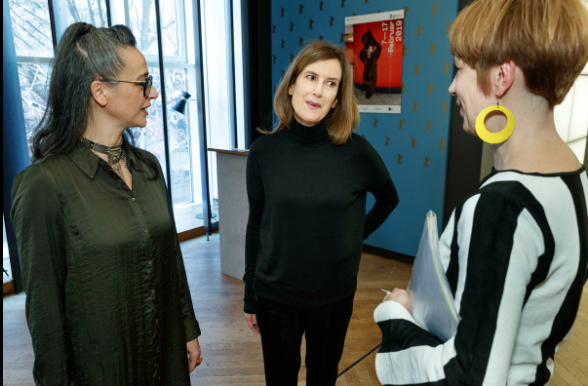
“It’s about a dysfunctional relationship, which all of us probably at some point in our lives, in whatever way, have had a relationship that hasn’t worked out. But I am interested in hearing different people’s opinions because it’s not interesting as a filmmaker, or as an artist to be patted on the back. I like to be challenged and I like to think beyond what I’ve done, and of course people feel different things. But I am sometimes interested when I hear something like that, I wonder whether there is something deeper in there, a block somewhere, and why is there that block? Because I don’t feel that I am that filmmaker obsessed with those things, I have rather been put in that category of a filmmaker dealing with that subject, but that’s not actually what I’m interested in. But I’m not going to please everybody, and that’s something that if you’re making work you’re going to have to get over – you’re not going to please everybody, and I find that a challenge.”
So there we have it. If you watched this film and didn’t like it, that’s fine. If you watched it and you struggled to engage with it, that’s fine. If you felt no emotional connection whatsoever to anybody in this film, that’s fine too. But if you did so purely on the grounds that the characters are posh – then maybe the problem here isn’t the film, it’s you.


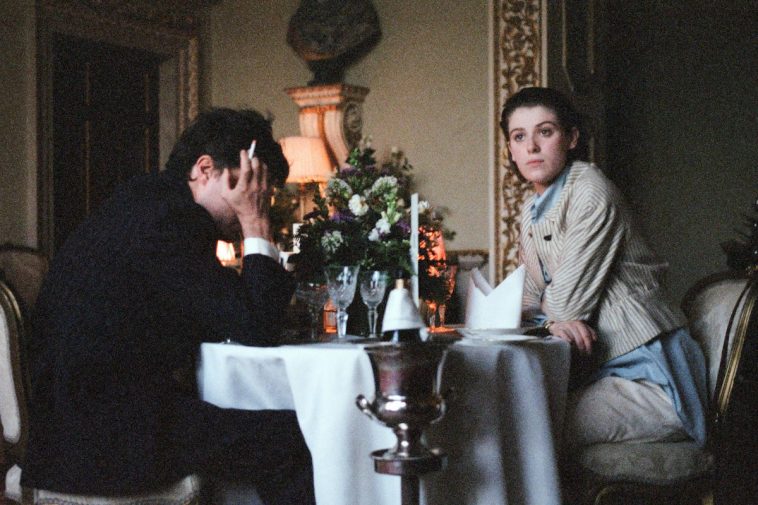
























Leave a Comment